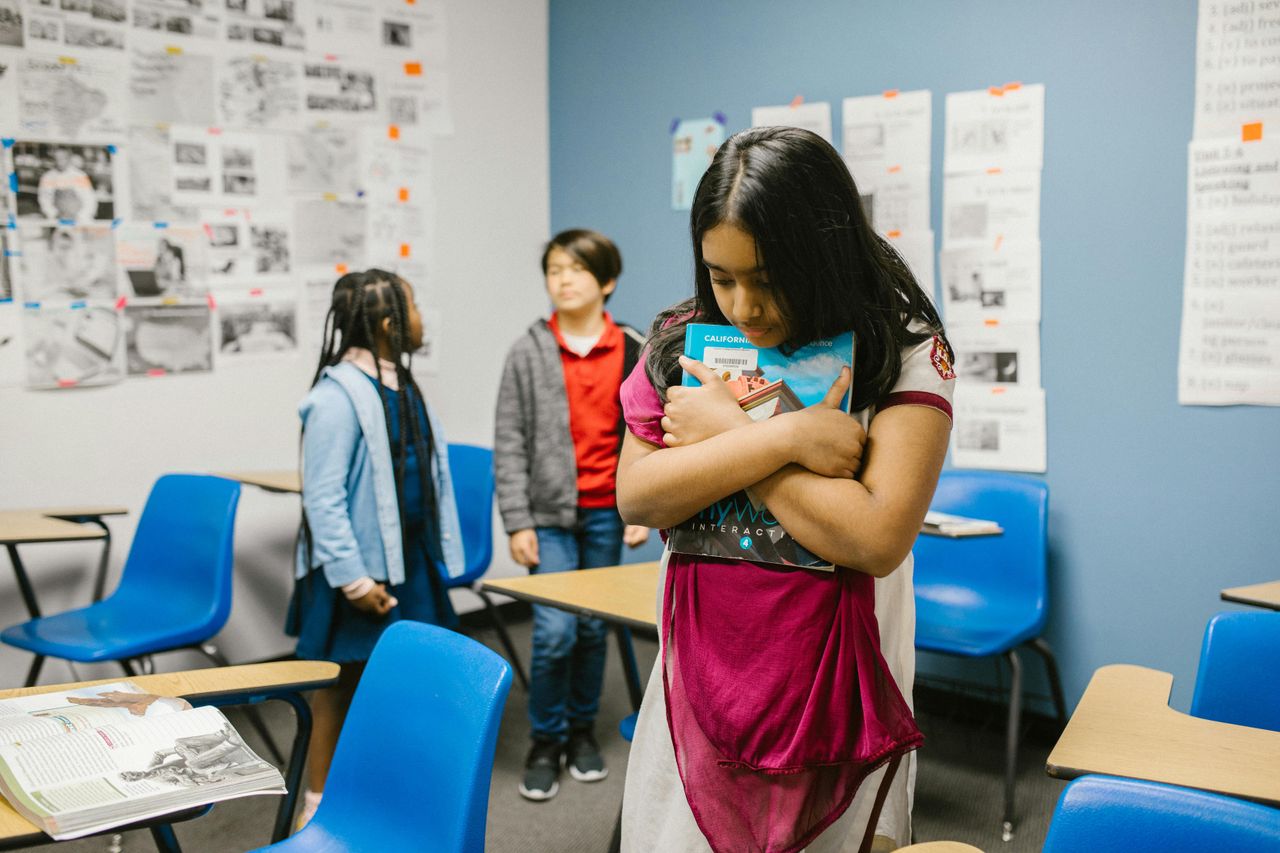Consider this from a recent NY Times article: "In California, Gov. Arnold Schwarzenegger this summer announced an initiative that would replace some high school science and math texts with free, 'open source' digital versions. With California in dire straits, the governor hopes free textbooks could save hundreds of millions of dollars a year. And given that students already get so much information from the Internet, iPods and Twitter feeds, he said, digital texts could save them from lugging around 'antiquated, heavy, expensive textbooks.'”
If our governor is aligned with "free, open-source" textbooks, we must be on to something. The article makes a good point about the possibility of widening the achievement gap between rich and poor: Because there is still a great digital divide (the divide between those who have access to digital information technologies and those who don't), the potential problems of putting everything online are not unfounded. However, what the Times article misses, and what I maintain, is that this is just one aspect of moving education into the 21st century. Web 2.0 technologies should not replace traditional models of teaching - that is, of the personal relationships that develop between teacher and student - they should only enhance it. And as computer prices drop dramatically (netbooks are now as low as $299!), it will be easier (and cheaper) to purchase individual laptops for students instead of individual, "antiquated" textbooks.Continuing the shift to online curriculum, another recent article talks about the new market of renting textbooks to college students. Again, instead of spending hundreds (sometimes thousands) of dollars on buying new textbooks, students can now rent from Barnes & Noble College Booksellers. Smaller outfits such as Cengage Learning, Chegg, and BookRenter are doing similar things, with publishers like McGraw-Hill creating partnerships with these distributors to enhance their market share. A letter to the editor in response to this article found some skepticism about the benefits of digital textbooks, claiming that brilliant graphics and "concentrated learning" can never be replaced by these web-based books.
Regardless of how we may relate to the Internet, it is changing the way we live and learn. High schools and colleges are beginning to catch on to this trend, and I believe the only way to keep up will be to make curriculum free, online, and open source.







No comments:
Post a Comment